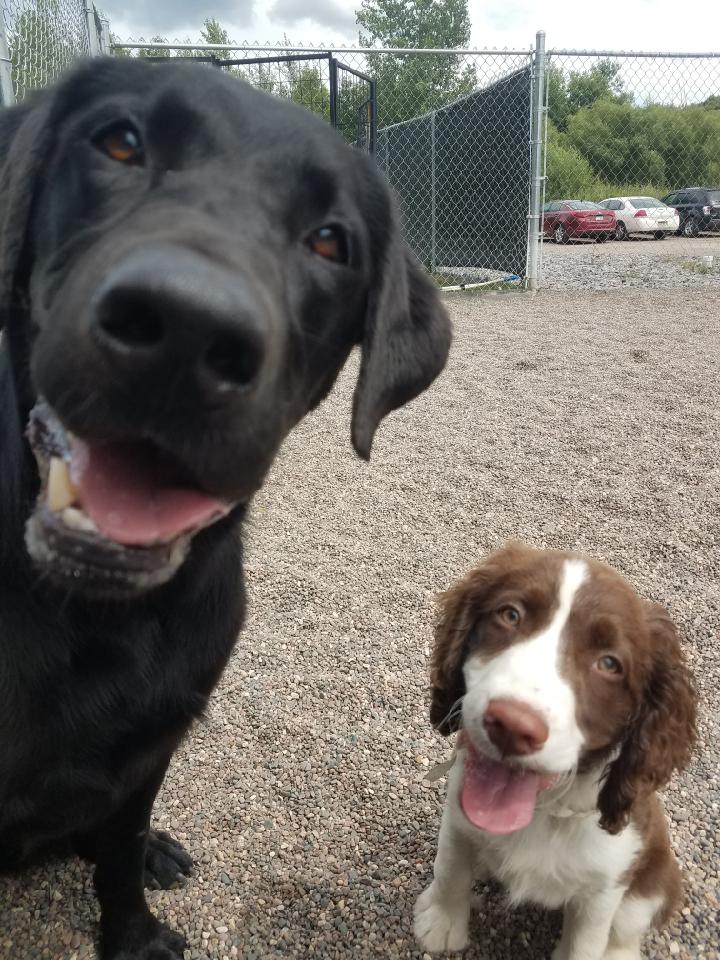Preventing separation anxiety in puppies
By Michaela Tallant, ZimmVet Professional Pet Groomer

When bringing a new puppy home, it’s hard to consider much else other than snuggling and loving on them. But when you bring a new puppy home, there are many things to keep in mind to help them adjust to their new home life. Separation anxiety in dogs is very common. Its not fully understood why some puppies struggle with separation anxiety and other don’t. There are a few simple steps you can follow to help your new puppy adjust to spending time home alone.
Puppies love routines
It is important that you set a new schedule for your puppy. This will become their ordinary day, and help keep them more comfortable with your daily routine.
Basic obedience training
Practice general obedience with your pup! Here at ZimmVet we offer Puppy Classes that teach your pup all the obedience basics. This again, will teach them the do’s and don’ts of the house hold.
Crate training
If done correctly crates are a great tool to help your pup feel safe and comfortable while you’re away. It’s important to make sure they have a safe and cozy crate space, as soon as you bring them home. Use the crate for short periods of time while your home. For example you could feed them in their crate and let them relax in there for an hour after, while you’re getting ready for your day. Limit the amount of attention you give your pup before you leave for the day. This way it is not an overwhelming shock to them when you’re gone.
Don’t rush freedom
Though your ultimate goal may be to let your pup have free rain over the house while you’re gone, you don’t want to rush this. It can be overwhelming for them and promote problem behaviors due to anxiety or boredom.
Arriving home
When coming home it is important not to get overly excited. Immediately give them something to do by letting your pup out of the crate and take them outside to relieve themselves. This helps prevent them from thinking you leaving or coming home is a huge event.
Most puppies will whine and cry in the crate or when they are left alone. But it is important to watch for signs of “True Separation Anxiety” which is categorized as destructive or disruptive behavior. Examples of this are tearing up the room, constant barking, and scratching at the walls or doors. If your pup is struggling with more intense separation anxiety, reach out to your local vet and trainer to help your pup get the support they may need to cope with the anxiety.


